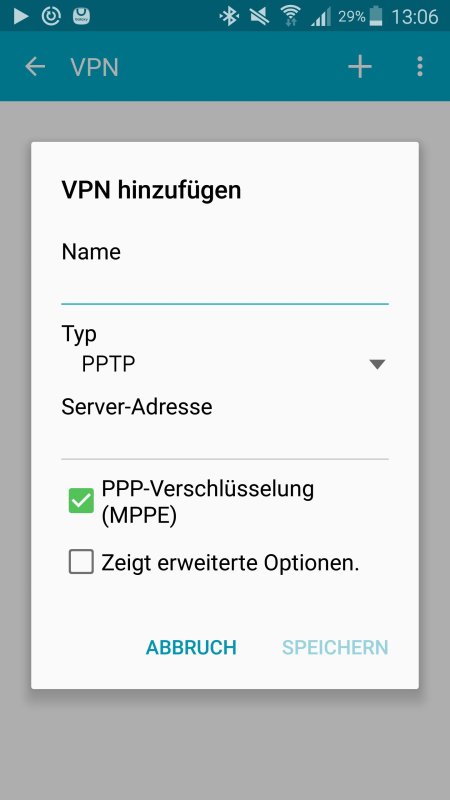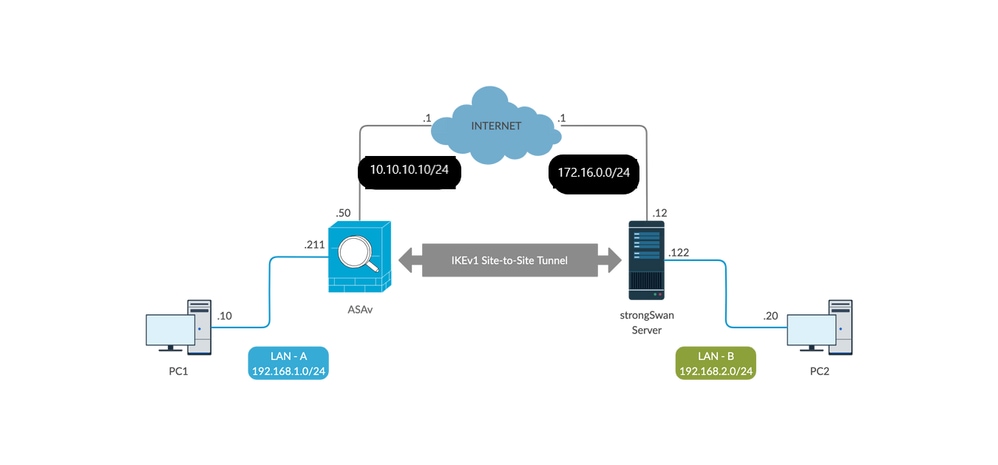The remote access Virtual Private Network (VPN) service provides added privacy and security for your computing activities as well as the ability to access protected MIT resources that require a MITnet IP address.
The Prisma Access VPN service, a cloud-based VPN offering, is a modernization of the legacy Cisco VPN, which it will eventually replace. The Prisma Access VPN provides a secure connection between your computing device and the cloud VPN gateway using the GlobalProtect VPN client.
Note: IS&T will continue to offer support for both VPN platforms during the transition period.
Virtual Private Network (VPN) is a remote access technology that creates a private encrypted connection over the Internet between a single host and Stanford's private network, SUNet. Stanford's VPN allows you to connect to Stanford's network as if you were on campus, making access to restricted services possible. During this VPN session it is not possible to connect to the Surface Hub via Miracast for sharing the screen. In AnyConnect for security reasons we have restricted split tunneling in any way. I started to debug things a while and found out that Windows is creating a new network adapter for connencting to the Surface Hub, which seems to be a.
Benefits and key features


- Works through various port blocks and firewalls that Internet Service Providers (ISPs) and administrators have built that often interrupt or prevent legitimate work from happening.
Requirements
- Touchstone is required to use the Prisma Access VPN
- Duo two-factor authentication is required to use either VPN service
- Accessibility note: Screen readers must use Internet Explorer to successfully run the web-based Cisco VPN service.
Getting started
Release Notes For Cisco AnyConnect Secure Mobility Client
- Prisma Access cloud-based VPN service:
- Prisma Access VPN in the Knowledge Base
- Cisco AnyConnect in the Knowledge Base

